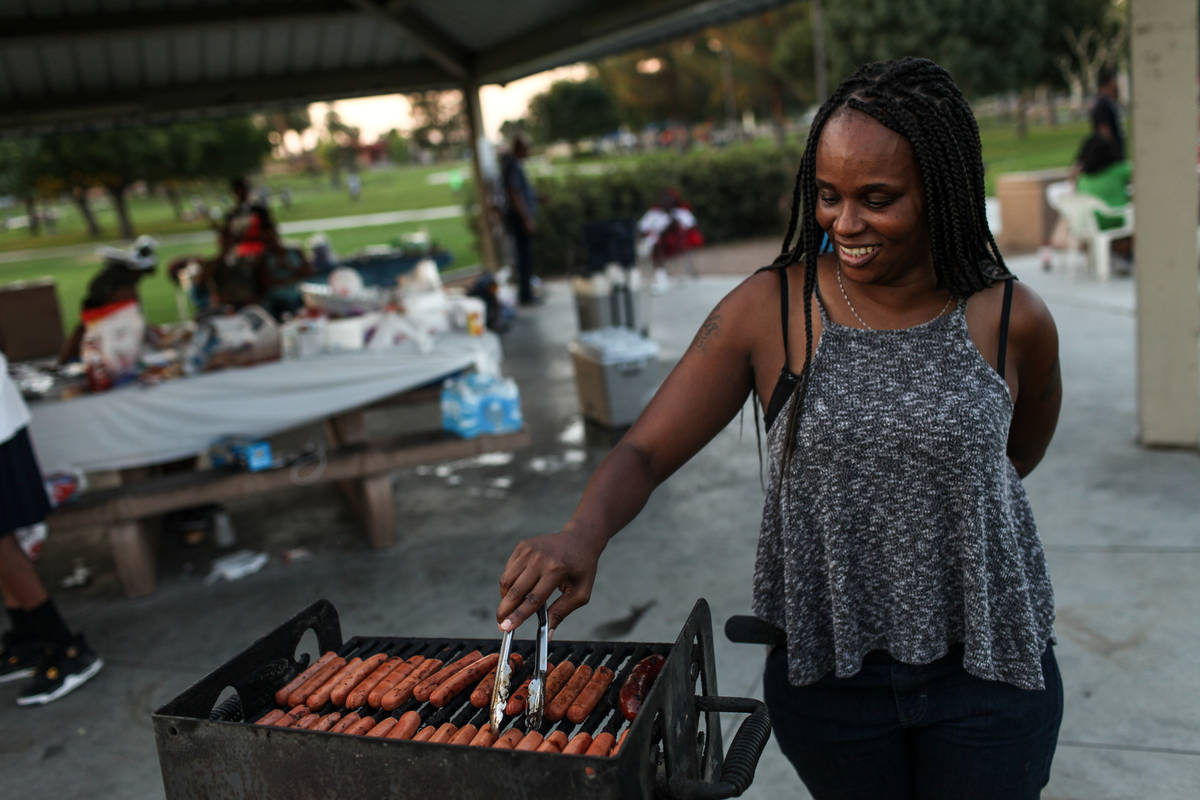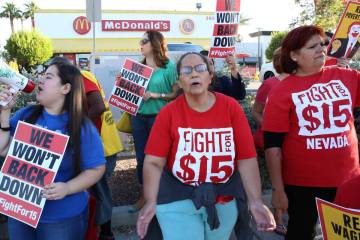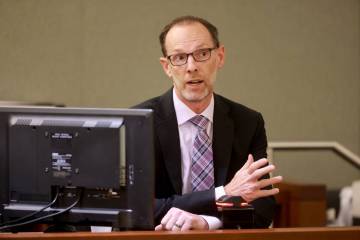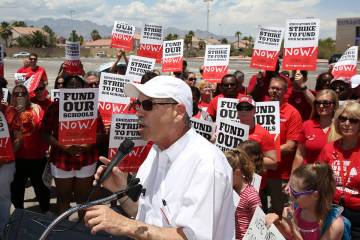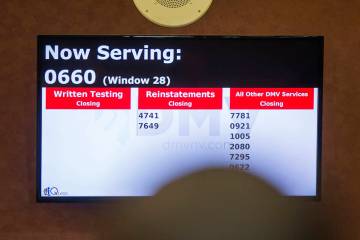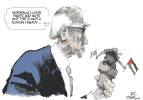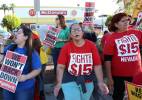EDITORIAL: A different kind of Labor Day in a tumultuous 2020
And so we celebrate a holiday as a pandemic rages and unrest disrupts life in a handful of American cities. Whether or not it’s possible to relax during these tumultuous times, most of us could indeed use a break from the hugger-mugger of current events.
Maybe Labor Day can provide such a tonic.
Labor Day has a different history in America than in Europe, points out Julia Vitullo-Martin, editor of “Breaking Away: The Future of Cities.” Europe’s Labor Day observance was announced in 1889 by the first Paris Congress of the Second Socialist International. “Disruption was to be part of the holiday, and there was no notion that anyone but workers would participate — certainly not owners or capitalists,” Ms. Vitullo-Martin notes.
In contrast — while no one should suggest the American struggle to gain recognition for the right of workers to organize was a mere walk in the park — things proceeded in a generally more conciliatory vein on this side of the Atlantic.
Matthew Maguire, a machinist from Paterson, N.J., and Peter J. McGuire, a New York City carpenter who helped found the United Brotherhood of Carpenters and Joiners, were instrumental in staging the first Labor Day parade in New York City in September 1882. By 1894, President Grover Cleveland had signed a bill making Labor Day a national holiday.
It may be this notion — that a celebration of labor is an appropriate undertaking for Americans of all classes and political persuasions — that allowed America’s holiday to be marked with “picnics, parades, baseball games … and a few mild speeches,” rather than “clashes between cops and workers,” Ms. Vitullo-Martin theorizes.
This is a different kind of Labor Day in 2020, no doubt. But it’s worth noting the historical foundations for this holiday at a time when our history now seems to generate more division than cohesion.
In America, union pioneer George Meany advised his brethren to avoid divisive, partisan politics. The average U.S. worker realized early on that his energy and creativity could increase the value of his employer’s product, often making the difference between whether a company succeeded or failed. Thus the decline of the confrontational union in the private arena.
The collapse of bureaucratized socialism in the past century stands in stark contrast to the material health and well-being of the most humble worker in a free society — a well- being undreamed of by even the elite in yesterday’s gray cesspools of collectivism. That’s something to remember as progressives rekindle their infatuation with socialism. It’s also why we Americans, particularly in these trying times, can be proud of our work — setting aside a weekend not just for a last summer fling, but also to honor what we’ve built and the labor it took to get it done.
A version of this editorial first appeared in the RJ in 2001.



